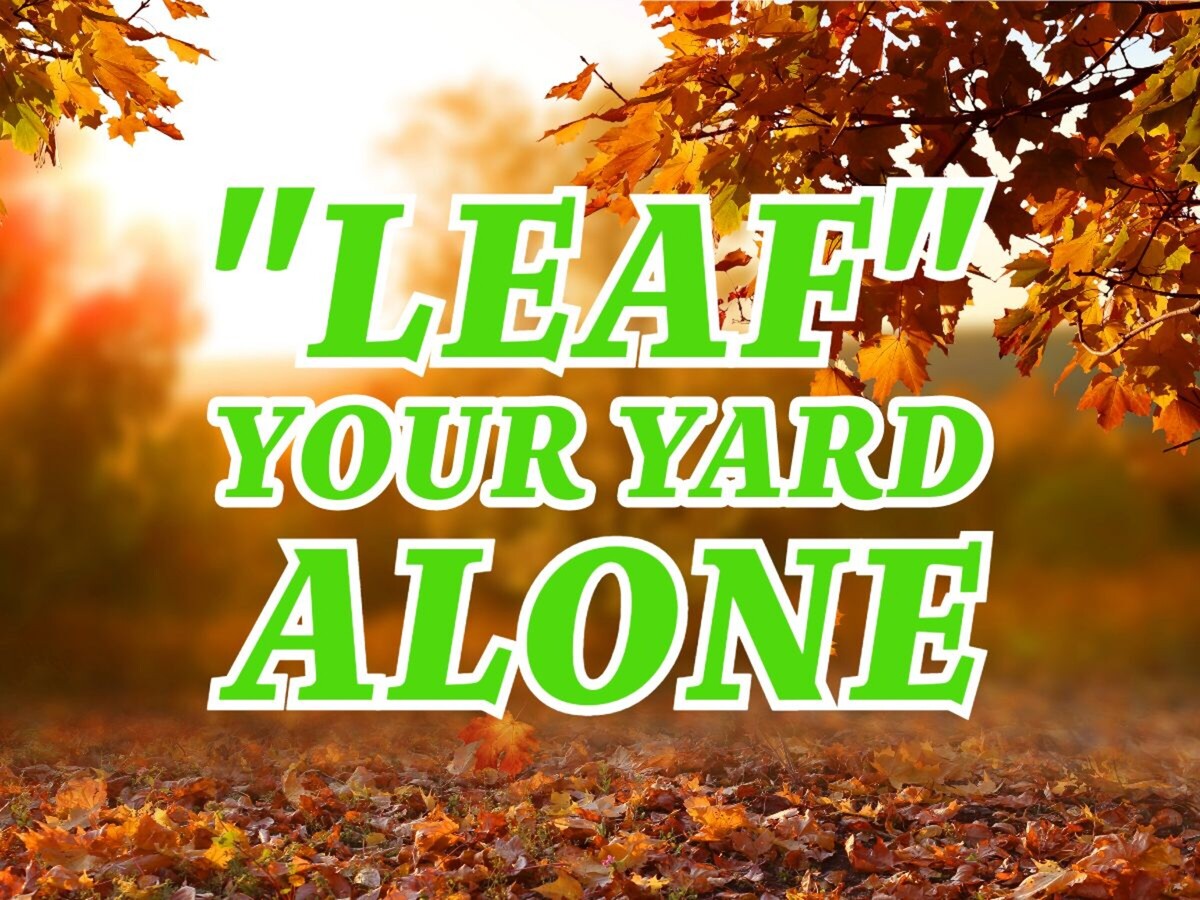Image


Morristown, NJ — As the temperatures dip and leaves begin to fall, many Morris County residents may contemplate the annual chore of raking their yards. But experts are saying you might want to put down that rake.
Not only do fallen leaves serve as a natural fertilizer, but they also play an important role in local ecosystems.
"Fallen leaves can be a natural fertilizer for plants," said David Mizejewski, a naturalist at the National Wildlife Federation. "The leaves fall around the root zone of these plants, where they do things like suppress weeds or other plants from growing that would otherwise compete with the trees and the shrubs."
According to Maxim Schlossberg, an associate professor of turfgrass nutrition and soil fertility at Penn State, mowing over leaves can further expedite the process.
“Since they’re smaller, they're more rapidly dismantled and decomposed by microorganisms. And the whole recycling process of those nutrients being returned to the soil occurs more rapidly,” said Schlossberg
In 2018, landfills received approximately 10.5 million tons of yard clippings, including leaves, according to the Environmental Protection Agency (EPA). When sealed in landfills, these organic materials contribute to methane production—a greenhouse gas that exacerbates climate change.
"The more we can keep that organic material out of the landfill, the better," Mizejewski said.
The layer of leaves around your trees and plants is “an entire ecosystem in and of itself,” Mizejewski explained.
He added, "There are probably thousands of different species that actually live in that leaf layer."
This includes critters like earthworms, salamanders, toads, and chipmunks.
Schlossberg also warned against blowing leaves into the street, as it can clog drains and lead to water pollution.
"When you have foreign debris, they can clog the grates, and that can prevent water from moving off the surface of the street," he said.
According to both experts, it's okay to move leaves if they form a thick mat on your lawn, especially as the weather cools.
"Don’t get rid of every last single leaf that falls onto your property, if you can. There’[re] great, easy things to do with them,” Mizejewski advised.
Schlossberg suggested raking or breaking them up with a lawnmower if snow is in the forecast.
“We each have an opportunity to [...] take this personal action and think about how our own little piece of the Earth, our own yards or our own gardens in our neighborhoods or communities, are all opportunities for us to do something good for nature,” Mizejewski concluded.
By taking a more mindful approach to yard maintenance this fall, Morris County residents can play a part in bettering the local environment while enriching their own gardens.
So this year, let nature take its course and consider leaving the leaves right where they are.